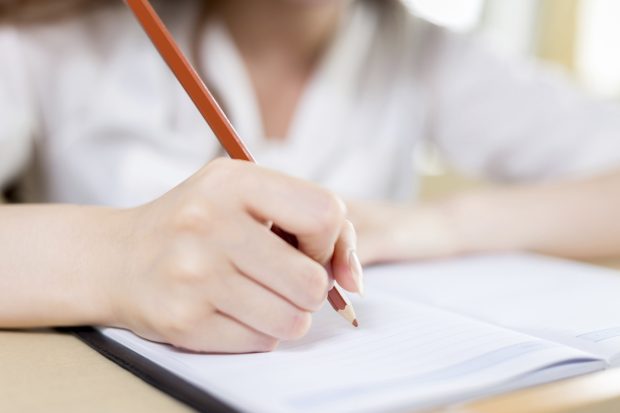
Today the Guardian has published a piece discussing our new improved GCSEs, which are playing a key role in improving educational standards all over the country.
It reports that the gap in attainment between disadvantaged pupils and their peers widened by 0.4% this year. However, the article fails to mention that, overall, the gap has shrunk by 9.1% since 2011, when the Government launched its reforms.
Taken together, these reforms - including changes to the curriculum and the introduction of the Pupil Premium which has directed more than £15bn since 2011 to pupils that need it most - have been instrumental in driving up standards for all pupils.
Further, the article does not include any information about the impact on attainment of another key reform – the free school programme. In 2019, seven of the top 15 best performing schools in terms of pupil progress (based on the Progress 8 measure) were free schools, which are disproportionately located in more deprived areas.
The Government’s reformed GCSEs, based on the new and more rigorous curriculum at Key Stage 4, are specifically designed to teach pupils the knowledge they will need for future success. They have been developed to be the gold standard qualification for pupils in the state and independent sectors. The standard of these qualifications are comparable with those in other high performing education systems across the world – and the new grading structure gives greater distinction at top grades meaning pupils can be fairly recognised for their achievements.
Our reforms also place an emphasis on pupil progress, rather than just overall attainment. This means schools are encouraged to help all their pupils make the most progress possible, rather than just lifting pupils above a particular threshold. Previously, schools were incentivised to focus on those pupils close to the threshold between a D and a C grade with limited incentive to improve attainment of the most disadvantaged pupils – but this is no longer the case.
The Guardian’s article also references the EBacc – the group of core academic subjects of science, maths, English, history or geography and a foreign language. The Government wants as many pupils as possible to study the Ebacc at GCSE because these are subjects that prepare pupils for a great range of opportunities for future study and employment. Making sure that all pupils, regardless of their background, have the same grounding in these subjects is key to closing the attainment gap. 40% of pupils are now studying these subjects compared to 22% in 2010.
We are now seeing record rates of 18 year olds going to university. The proportion of 18 year olds from disadvantaged backgrounds entering full-time higher education is up from 13.6% in 2009 to 20.2% in 2018. This is the highest on record.
We are also improving technical education, with plans to invest in and reform colleges. More people are benefitting from new high-quality apprenticeships. Our reforms have fundamentally changed what apprenticeships involve and the long-term opportunities they provide. We also are creating T Levels – a new gold standard technical qualification so that young people gain the skills they need for employment. T Levels will be high-quality technical alternatives to A Levels, combining classroom theory, practical learning and a meaningful industry placement.